The Ultimate Sinus Surgery Survival Guide: Tips for a Smooth Recovery
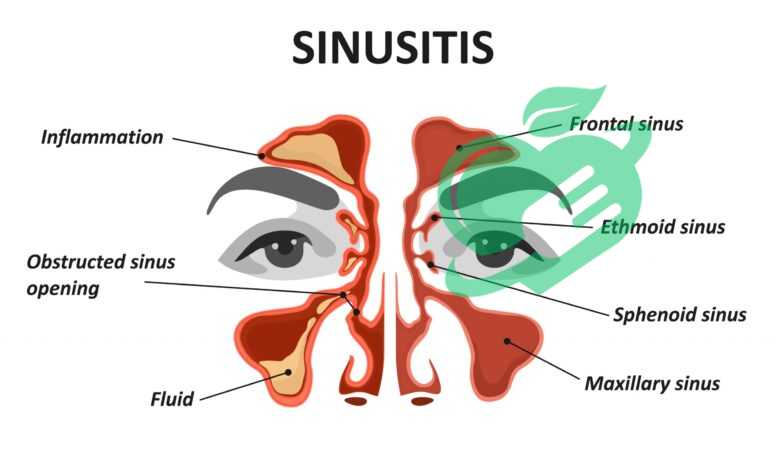
Understanding Sinus Surgery
What is Sinus Surgery?
Sinus surgery refers to a range of surgical procedures designed to address chronic sinus conditions that fail to respond to medications. Often, these conditions include sinusitis, nasal polyps, or structural abnormalities within the sinuses. When inflammation persists and significantly impacts quality of life—causing symptoms like pain, pressure, and difficulty breathing—surgery may be necessary. Consider Jane, who struggled for years with debilitating sinus infections. Despite trying numerous antibiotics and nasal sprays, her relief was always temporary. After thorough consultations with her ENT specialist, she learned that sinus surgery could provide a long-lasting solution.
Types of Sinus Surgery
There are several types of sinus surgery, each tailored to the specific condition and anatomical issues:
- Functional Endoscopic Sinus Surgery (FESS): This is the most common type. It involves the use of an endoscope (a thin tube with a camera) to remove blockages and improve drainage.
- Balloon Sinuplasty: A minimally invasive option, this technique uses a small balloon to widen the sinus openings. It’s especially effective for those with recurrent sinusitis.
- Septoplasty: If a deviated septum is contributing to sinus issues, this surgery can straighten the septum to improve airflow.
- Nasal Polypectomy: This procedure removes polyps that obstruct the sinuses, allowing for improved drainage and reduced inflammation.
- Sinus Obliteration: In severe cases, this technique, which involves completely removing a sinus, may be necessary.
Understanding these options empowers patients to discuss the best plan with their surgeon, enhancing the chances of a successful outcome. Each procedure has unique benefits tailored to individual needs, leading to a pathway of relief for many suffering from chronic sinus conditions.
Preparing for Sinus Surgery
Consultation with the Surgeon
Preparing for sinus surgery begins with a crucial step: the consultation with the surgeon. This appointment is more than just a routine visit; it’s an opportunity for patients to gain clarity about the procedure and voice any concerns. During this session, the surgeon will review the patient’s medical history, perform a physical examination, and potentially request imaging studies such as a CT scan. For instance, when Mike met his surgeon, he felt a mix of anxiety and hope. The surgeon took the time to explain the procedure and answer all of Mike’s questions, allowing him to make an informed choice. It’s essential to come prepared for this consultation, which may include:
- Listing symptoms and their duration
- Noting past surgeries or treatments related to sinus issues
- Preparing questions about risks, benefits, and recovery
- Discussing medications currently being taken
This dialogue not only helps patients understand what to expect but also builds trust between the patient and the surgeon.
Pre-operative Instructions
Once the decision for surgery is made, the surgeon will provide pre-operative instructions critical for a successful operation. These guidelines could include:
- Medication Adjustments: Patients may need to stop certain medications, particularly blood thinners, to reduce bleeding risks.
- Dietary Restrictions: Fasting might be required the night before the procedure, particularly if general anesthesia is planned.
- Hygiene Practices: It’s often recommended to wash the face thoroughly and avoid any skincare products on the day of surgery.
Adhering to these instructions is paramount for ensuring safety and optimizing the chances for a smooth surgical experience. By taking these preparatory steps seriously, patients can enter the operating room feeling more confident and ready for a positive outcome.
Read also : Understanding Meningitis and Its Link to Headaches
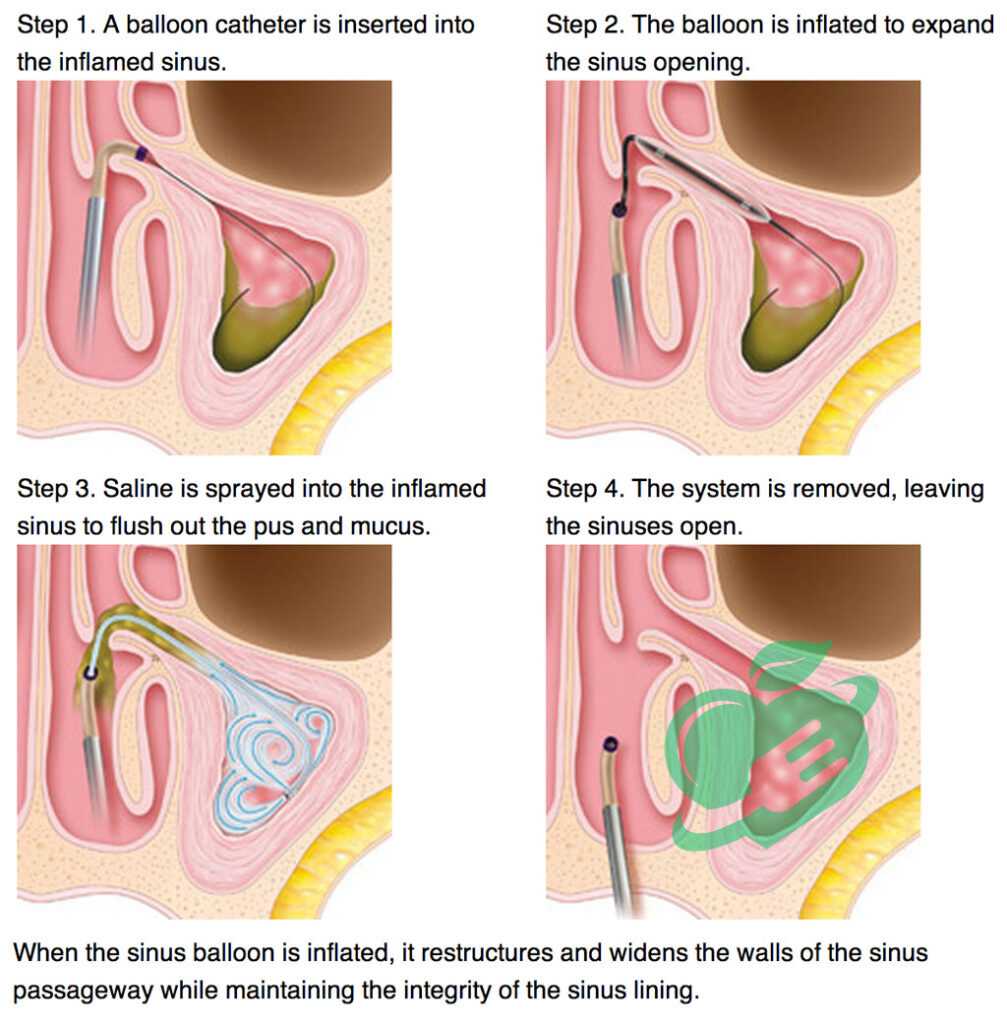
The Sinus Surgery Procedure
Anesthesia Options
As patients prepare to undergo sinus surgery, understanding anesthesia options is essential for alleviating anxiety. Typically, two main types of anesthesia are used during sinus surgery: local anesthesia and general anesthesia.
- Local Anesthesia: This option numbs only the specific area being treated. It’s commonly used in minimally invasive procedures like balloon sinuplasty. Patients remain awake but comfortable, often experiencing less recovery time afterwards.
- General Anesthesia: For complex surgeries, patients are usually placed in a deep sleep, creating a pain-free environment. This method is preferred for more extensive procedures, such as functional endoscopic sinus surgery (FESS).
Before making a decision, the anesthesiologist will discuss the best option for each patient based on their health history and procedure complexity. For example, Sarah felt at ease knowing she could have just local anesthesia for her balloon sinuplasty, allowing her to avoid the grogginess often felt after general anesthesia.
Surgical Techniques
The surgical techniques employed during sinus surgery depend on the specific condition and planned approach. Here’s a breakdown of commonly used techniques:
- Endoscopic Techniques: These involve using a small camera to guide the surgeon. With the use of specialized instruments, blockages can be removed, and drainage passages can be widened.
- Image-guided Surgery: For patients with complex sinuses, this advanced technology maps the anatomy and enhances precision.
- Nasal Packing: After the procedure, nasal packing may be used to help reduce bleeding and support healing.
Each technique aims to restore normal sinus function while minimizing risks and recovery time. By discussing the options thoroughly with their surgeon, patients can feel confident that their selected approach is tailored to aid their specific circumstances. This careful planning ultimately contributes to a more effective surgical outcome.
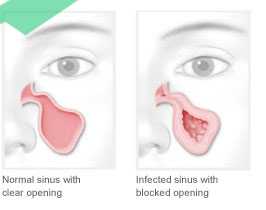
Recovery and Aftercare
Post-operative Care
Recovery following sinus surgery is a critical phase that sets the foundation for healing and long-term sinus health. After the procedure, patients are typically monitored until they wake from anesthesia, and most can return home on the same day. However, the journey does not end there; proper post-operative care is essential. Patients are often given specific instructions, which may include:
- Rest: Taking it easy for the first few days helps the body recover. It’s essential to listen to one’s body and not rush back into daily activities.
- Nasal Care: Doctors usually recommend using saline sprays to keep nasal passages moist, helping facilitate healing.
- Avoiding Strenuous Activities: For about a week post-surgery, patients should steer clear of heavy lifting, intense exercise, or activities that may increase blood pressure.
Jenna, who recently had a sinus endoscopy, shared that she made sure to adhere to her doctor’s guidelines, which greatly contributed to her swift recovery.
Managing Pain and Discomfort
Managing pain and discomfort is also an important part of recovery. Some common strategies include:
- Medications: Over-the-counter pain relievers like acetaminophen or ibuprofen can help manage mild to moderate pain. In some cases, the doctor may prescribe stronger medications.
- Cold Compresses: Using a cold compress on the face can help reduce swelling and alleviate discomfort.
- Staying Hydrated: Drinking plenty of fluids promotes healing and can alleviate discomfort related to dryness.
It’s also essential for patients to be aware of their pain levels. If pain becomes severe or persistent, it’s important to contact their healthcare provider for further guidance. By prioritizing post-operative care and effectively managing discomfort, patients can look forward to a smoother recovery and potentially lasting relief from sinus issues.
Read also: Brain Freeze Buster: Remedies for Instant Relief
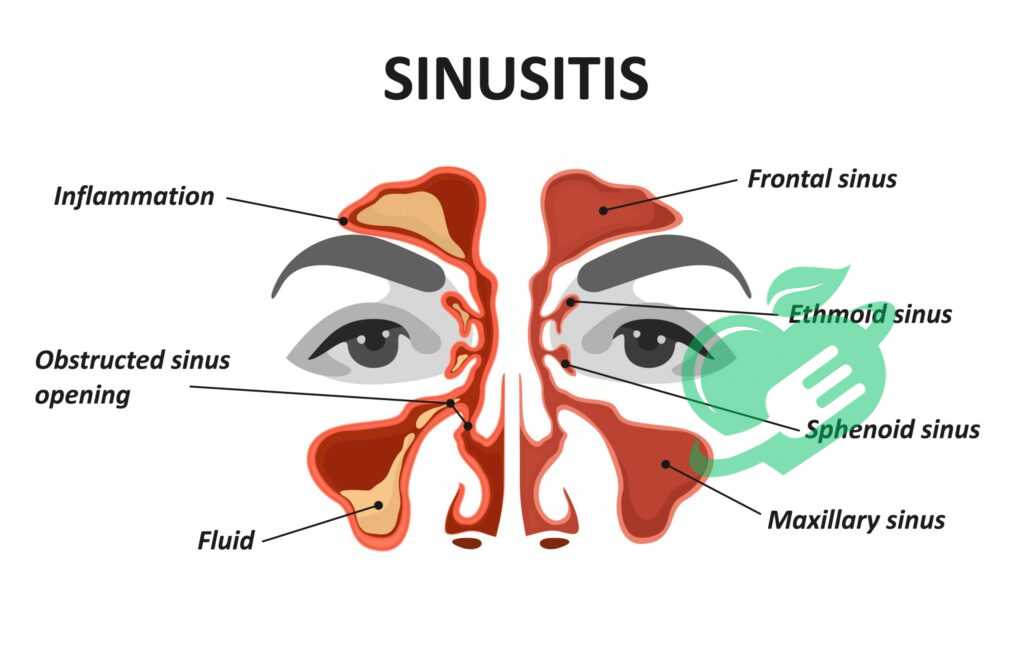
Risks and Complications
Potential Risks of Sinus Surgery
While sinus surgery can provide significant relief, it’s essential to recognize that, like any surgical procedure, it carries potential risks. Understanding these risks can help patients make informed decisions. Common complications may include:
- Bleeding: Though rare, excessive bleeding can occur during or after surgery, requiring medical intervention.
- Infection: As with any surgical procedure, there is a risk of infection at the surgical site.
- Nasal Obstruction: Occasionally, patients may still experience nasal blockage even after surgery, particularly if new polyps develop.
- Changes in Sense of Smell: Some patients report temporary or, in rare cases, permanent changes in their ability to smell.
When Carla underwent sinus surgery, she was made aware of these risks and felt empowered to address her concerns with her surgeon. This transparency allowed her to mitigate her fears and ensure she was well-prepared.
How to Minimize Complications
To help avoid complications, there are several proactive measures patients can take before and after surgery:
- Follow Pre-operative and Post-operative Instructions: Adhering to doctors’ advice regarding medications, diet, and activity restrictions significantly influences recovery.
- Maintain Communication: Keeping an open line of communication with healthcare providers can help monitor recovery and swiftly address any emerging issues.
- Attend Follow-up Appointments: Regular check-ups allow surgeons to assess healing and catch potential complications early.
- Adopt a Healthy Lifestyle: Good nutrition, proper hydration, and sufficient rest can enhance the body’s healing capabilities, making a difference in recovery.
By staying informed and proactive, patients like Carla can embark on their sinus surgery journey with confidence. This approach not only empowers them but also increases the likelihood of a smooth recovery with minimal risks and complications.
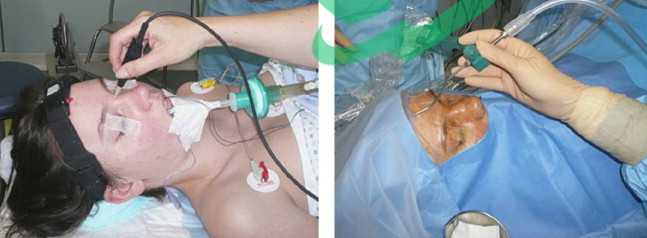
Sinus Surgery Outcomes
Expected Results
When individuals decide to undergo sinus surgery, they often do so with the hope of achieving significant relief from chronic sinus issues. The expected outcomes can vary based on the type of surgery performed and the underlying condition being treated. Patients can generally look forward to:
- Improved Breathing: Many report a remarkable improvement in nasal airflow and overall respiratory comfort following surgery.
- Reduction of Symptoms: Conditions such as sinusitis or nasal polyps often experience a noticeable decline in symptoms like headache, sinus pressure, and postnasal drip.
- Lower Recurrence Rates: Studies suggest that, for many patients, sinus surgery can decrease the frequency of sinus infections, leading to a better quality of life.
Take, for instance, David, who had struggled with chronic sinusitis for years. After his surgery, he experienced relief he hadn’t thought possible, stating that he could finally enjoy outdoor activities without constantly battling nasal congestion.
Long-term Effects
In addition to immediate improvements, many patients also see long-term positive effects from sinus surgery. These may include:
- Sustained Symptom Relief: Many patients enjoy lasting relief from sinus problems, with many reporting a significant reduction in the need for medications like antibiotics or nasal sprays.
- Better Quality of Life: With fewer sinus issues to contend with, individuals often find they can engage more actively in daily life, enjoying social, work, and recreational activities without the burden of their previous conditions.
- Potential for New Treatment Options: For some, a successful sinus surgery can open the door for other treatments or therapies that were not viable due to chronic issues.
While results vary from person to person, understanding the expected outcomes and long-term effects can help set realistic expectations. Overall, many find that sinus surgery brings transformative changes, allowing them to breathe easier and live a more fulfilling life.
Read also: Sinus Headache SOS: Quick Fixes and Long-Term Solutions
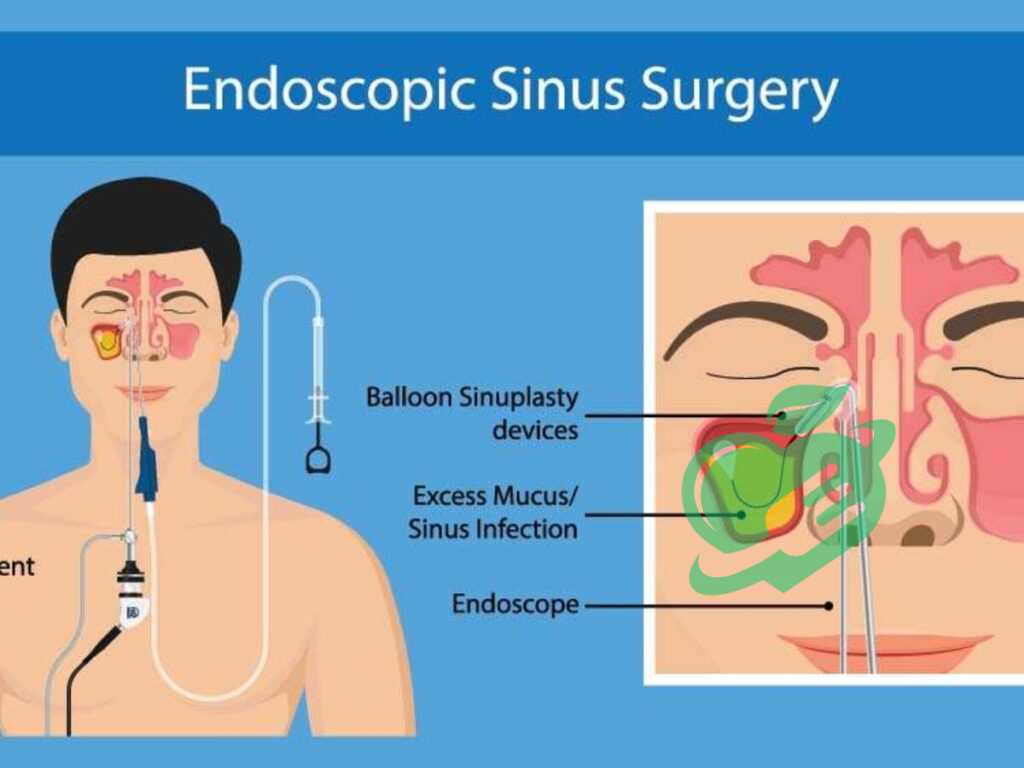
Alternative Treatments to Sinus Surgery
Medications for Sinus Issues
Before diving into surgical options, many individuals explore various medications that can help alleviate sinus issues. These treatments often aim to reduce inflammation, eliminate infection, or manage symptoms. Some commonly used medications include:
- Antibiotics: If sinusitis is caused by a bacterial infection, antibiotics can effectively clear up the infection. However, they are not useful for viral infections.
- Nasal Corticosteroids: These sprays help reduce inflammation inside the nasal passages, making them an effective option for individuals struggling with chronic sinus problems due to allergies or other factors.
- Decongestants: Over-the-counter decongestants can provide temporary relief from nasal congestion, helping open up the sinus passages.
- Antihistamines: For those whose sinus problems stem from allergies, antihistamines can combat sneezing, runny nose, and itching.
For instance, Lila discovered relief by using a combination of nasal corticosteroids and antihistamines during allergy season. She found that her sinus symptoms improved without the need for surgery.
Non-surgical Options
In addition to medications, several non-surgical options can be effective in managing sinus issues:
- Saline Irrigation: Using a neti pot or saline spray can help irrigate the nasal passages, flushing out mucus and allergens, leading to better sinus drainage.
- Allergy Management: Identifying and managing allergic triggers through immunotherapy or avoidance strategies can significantly reduce symptoms.
- Warm Compresses: Applying warm compresses to the face can ease sinus pressure and improve comfort.
- Lifestyle Changes: Implementing changes such as staying hydrated, using a humidifier, and avoiding irritants (like smoke and strong odors) can bolster sinus health.
While sinus surgery may be necessary for some, these alternative treatments offer many individuals a pathway to relief. By working closely with healthcare providers, patients can determine the best combination of medications and non-surgical options for their unique circumstances, often achieving successful outcomes without invasive procedures.
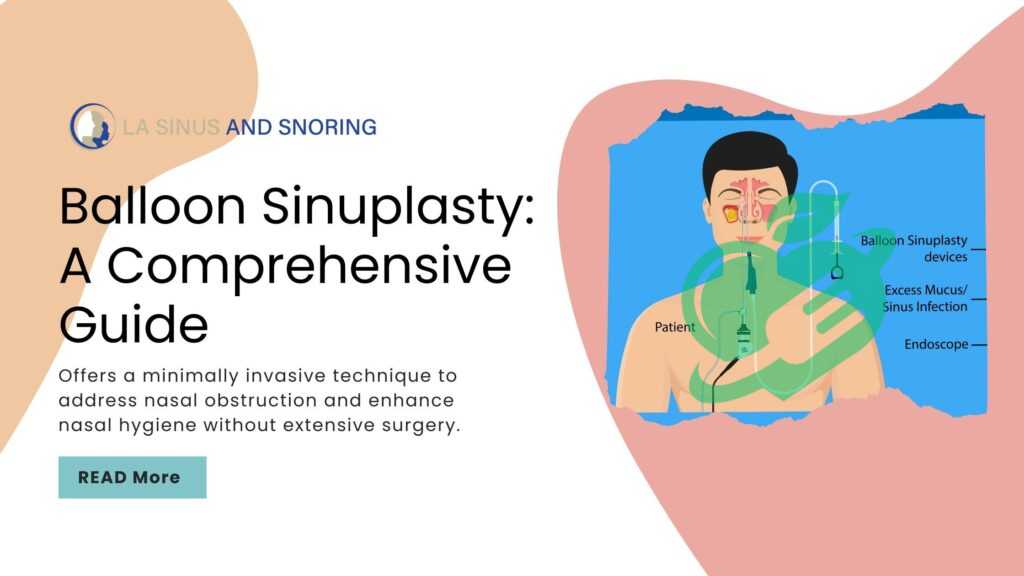
Lifestyle Changes for Sinus Health
Diet and Nutrition
Maintaining good sinus health often starts with making thoughtful dietary choices. The right nutrition can strengthen the immune system and reduce inflammation, so consider incorporating the following into your daily meals:
- Hydrating Foods: Foods with high water content, like cucumbers, tomatoes, and watermelon, help keep mucous membranes moist and improve sinus drainage.
- Anti-inflammatory Foods: Items rich in omega-3 fatty acids, such as salmon, walnuts, and flaxseeds, can reduce inflammation. Incorporating plenty of fruits and vegetables, especially those high in antioxidants like blueberries and spinach, can also support overall health.
- Avoiding Dairy and Processed Foods: Some individuals find that dairy products trigger mucus production. Similarly, processed foods high in sugar and refined carbohydrates can lead to inflammation.
When Steve began focusing on a diet rich in whole foods and hydration, he noticed a significant decrease in his sinus symptoms, allowing him to breathe more freely and enjoy life without the constant discomfort he once faced.
Environmental Factors
Equally important are the environmental factors that can affect sinus health. Creating a conducive indoor environment can help optimize sinus function:
- Humidity Control: Keeping indoor humidity levels between 30-50% can help prevent dry air that irritates the sinuses. Humidifiers can assist, especially in dry climates or during winter months.
- Air Quality: Regularly changing air filters and using air purifiers can minimize allergens like dust, pollen, and pet dander, which can worsen sinus issues.
- Avoiding Irritants: Steering clear of tobacco smoke, strong perfumes, and chemical cleaners can help minimize inflammation in the nasal passages.
By addressing diet and environmental factors, individuals can take proactive steps toward enhancing their sinus health. Small lifestyle changes can lead to significant improvements, allowing for a more comfortable and active life overall.
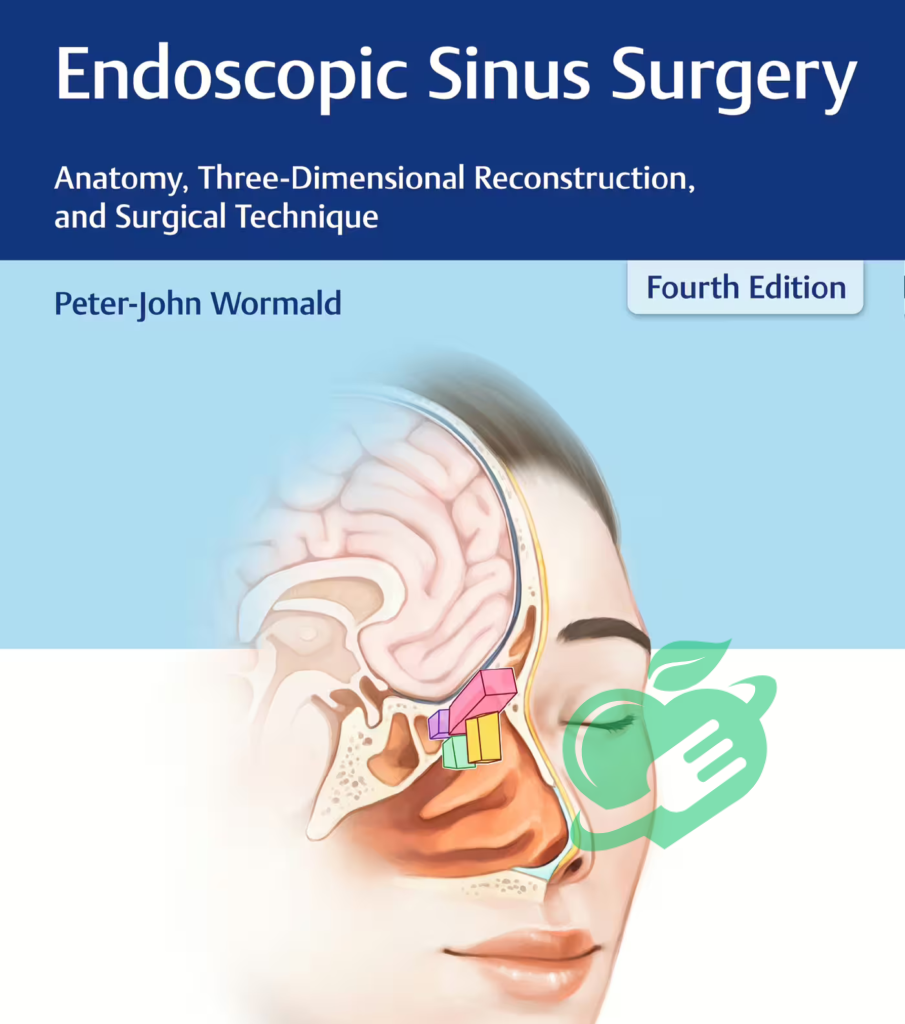
Frequently Asked Questions about Sinus Surgery
Common Concerns Addressed
When considering sinus surgery, many patients have similar concerns that often lead to questions. Addressing these concerns can provide clarity and ease anxiety. Here are some common questions:
- Is sinus surgery painful? Most patients report only mild discomfort following the procedure, which can be managed with prescribed pain relievers or over-the-counter medications.
- What is the recovery time? Recovery times vary by individual and the type of surgery performed, but many return to normal activities within a week, with continued improvement over several weeks.
- Will my symptoms be gone forever? While many experience significant relief, some patients may need additional treatments if sinus issues recur. Ongoing maintenance through lifestyle changes also plays a key role in long-term results.
Take Maria, who initially worried about pain after her procedure. To her relief, she found the discomfort manageable and was pleasantly surprised at how quickly she began feeling better.
Patient Experiences Shared
Hearing about the experiences of others can be incredibly informative and reassuring. For instance, John shared that after years of suffering from chronic sinusitis, his surgery transformed his life. He emphasized how he could breathe freely again, something he hadn’t done in years. Another patient, Lisa, found that participating in a support group helped her process her fears before and after surgery. She spoke about the camaraderie and valuable insights she gained from others who had undergone similar procedures. These shared experiences highlight the importance of seeking support through the journey. Each patient’s story can offer comfort and guidance for those preparing for sinus surgery, making the process feel more familiar and less daunting. By addressing common concerns and learning from fellow patients, individuals can embark on their sinus surgery journey with greater confidence and optimism.




One Comment